4:44 LAST DAY ON EARTH. Apocalypse according to Abel Ferrara
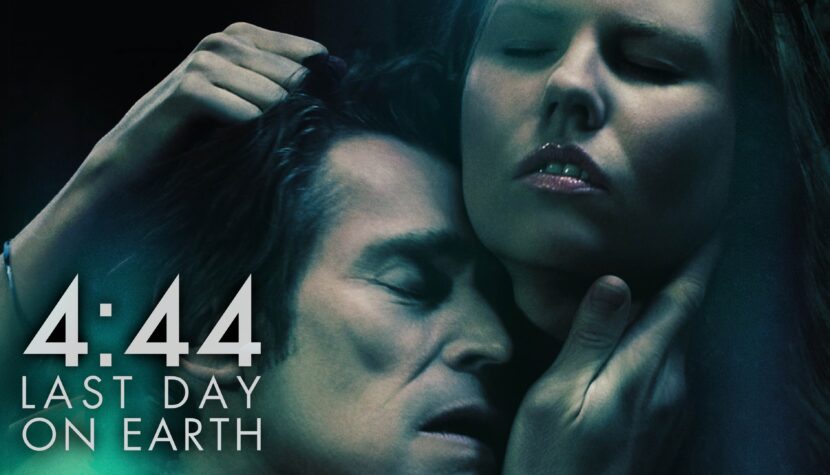
Everyone knows this fear. It recurs roughly every few decades, causing considerable panic with its intensity. In our culture, these tendencies stem, among other things, from the literal interpretation of the words of Saint John in his Gospel, which is unequivocally associated with a catastrophic and fatalistic tone.
Our mortality also indirectly contributes to perpetuating the myth of the end of the world, as the awareness of the finiteness of the matter leads to the logical conclusion that life on Earth must eventually come to an end. At the appropriate time, the intensification of this fear mainly grows due to media reports based on elaborate prophecies. It is through these reports that the end-of-the-world scenario is systematically inflated, encouraging people to seek refuge in bunkers, arks, buy land in the center of Africa (where the threat of flooding is lower), or simply to end their lives. Filmmakers also take advantage of all this turmoil, striving to depict the cinematic Armageddon in the most spectacular way possible. 4:44 Last Day on Earth
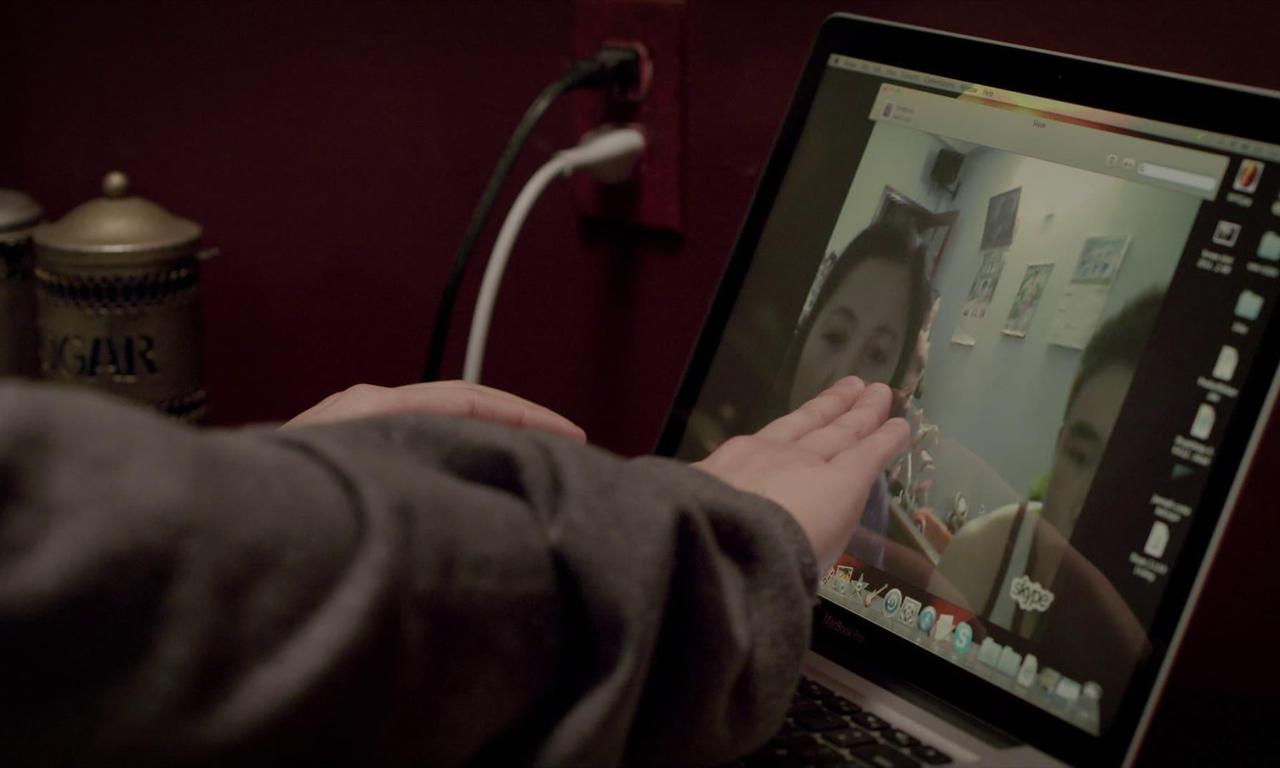
However, the catastrophic and bombastic formula for depicting the end of the world, created by Hollywood, has become worn out. This paved the way for new interpretations of the issue of doomsday. Danish filmmaker Lars von Trier, in his film Melancholia, opted for minimalism and, instead of flaunting theatrics and pathos, focused on exploring human emotions that may accompany the last moments of life. He transformed the impending threat to our planet into a metaphor for human frailty and a fate devoid of deeper meaning, thus serving up one of the most authentic and depressing films of recent years. Abel Ferrara attempted to follow a similar path in his latest film, 4:44 Last Day on Earth. However, the result of his efforts cannot be considered successful.
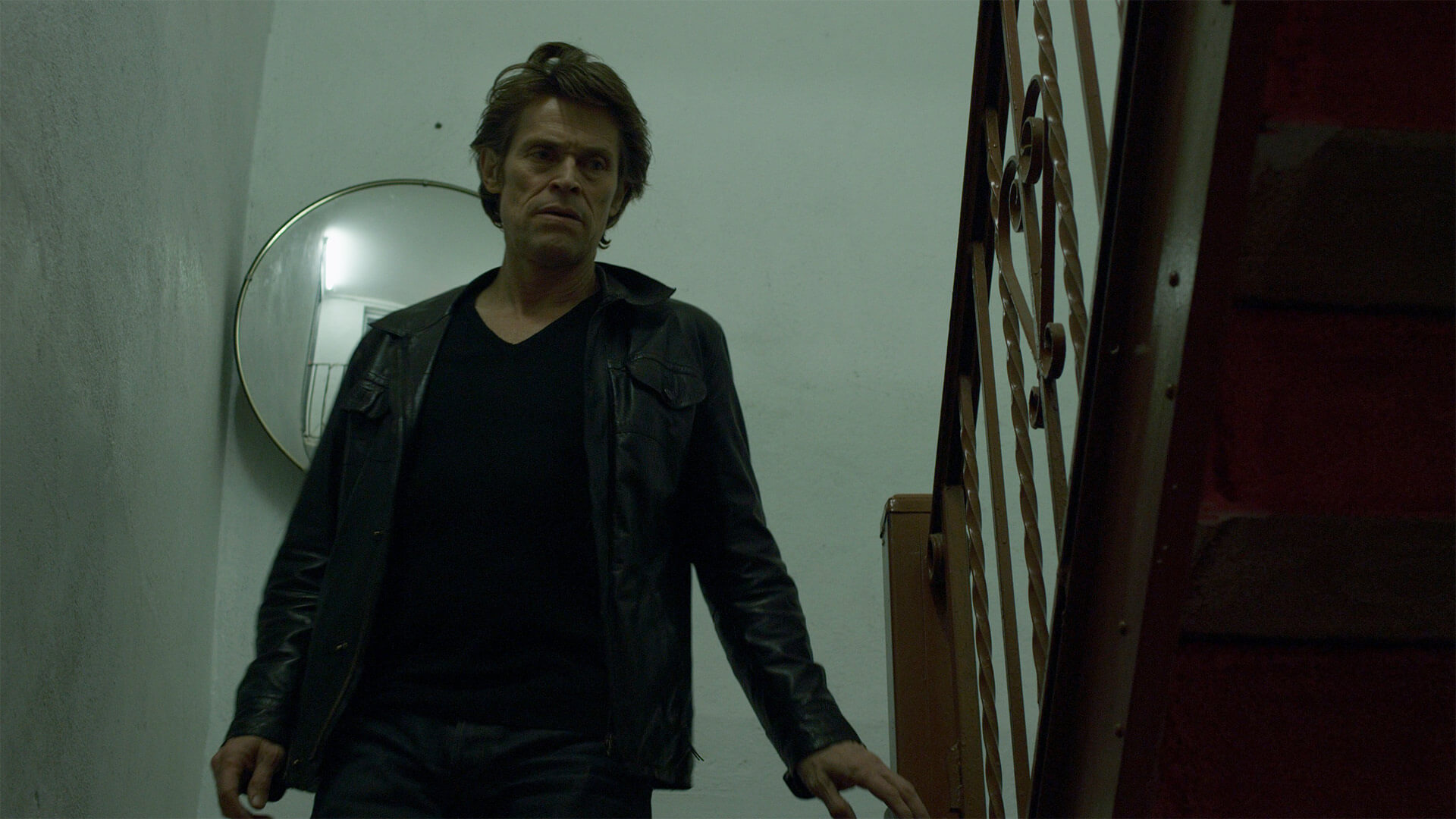
In summarizing the basic features of this film, I will start ironically, with an important advantage. 4:44 Last Day on Earth is relatively short, lasting about 80 minutes. If it lasted even a few, or God forbid, several minutes longer, it would be difficult for me to finish it without overwhelming boredom. And that’s all as far as clear advantages go.
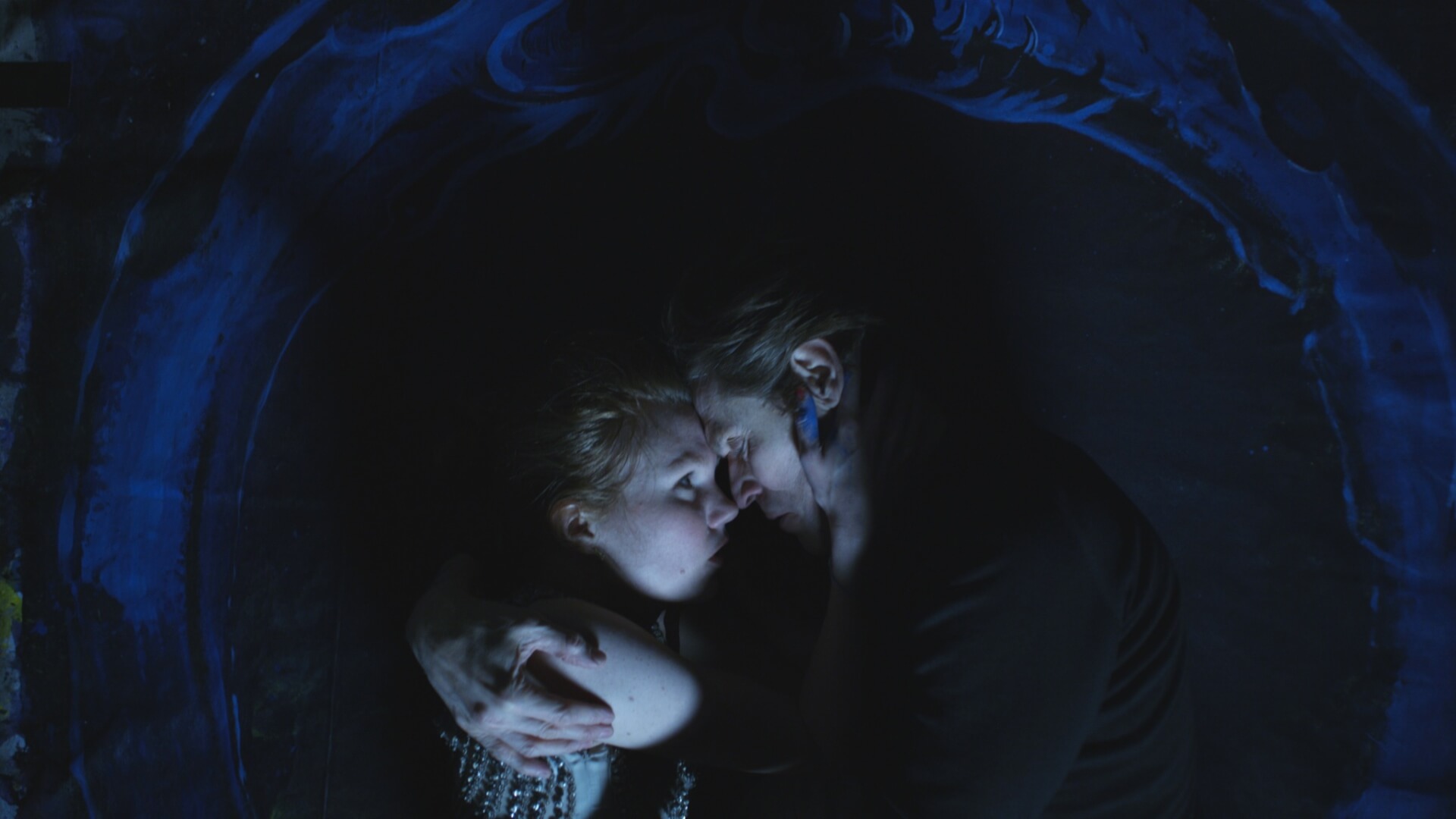
The whole problem of this film lies in the foundation of its plot, or rather its absence. In an apartment, a couple of artists, an actor and a painter, await the end of the world. They have sex, watch television, work, order food, meditate, argue, have sex again, and talk to their families via Skype. Meanwhile, the character played by William Defoe briefly goes out to get some fresh air, visiting his old friends in the process. The characters wander across the screen, the camera “impressively” zooms in and out on their faces, or on their bodies contorting in the throes of passion.
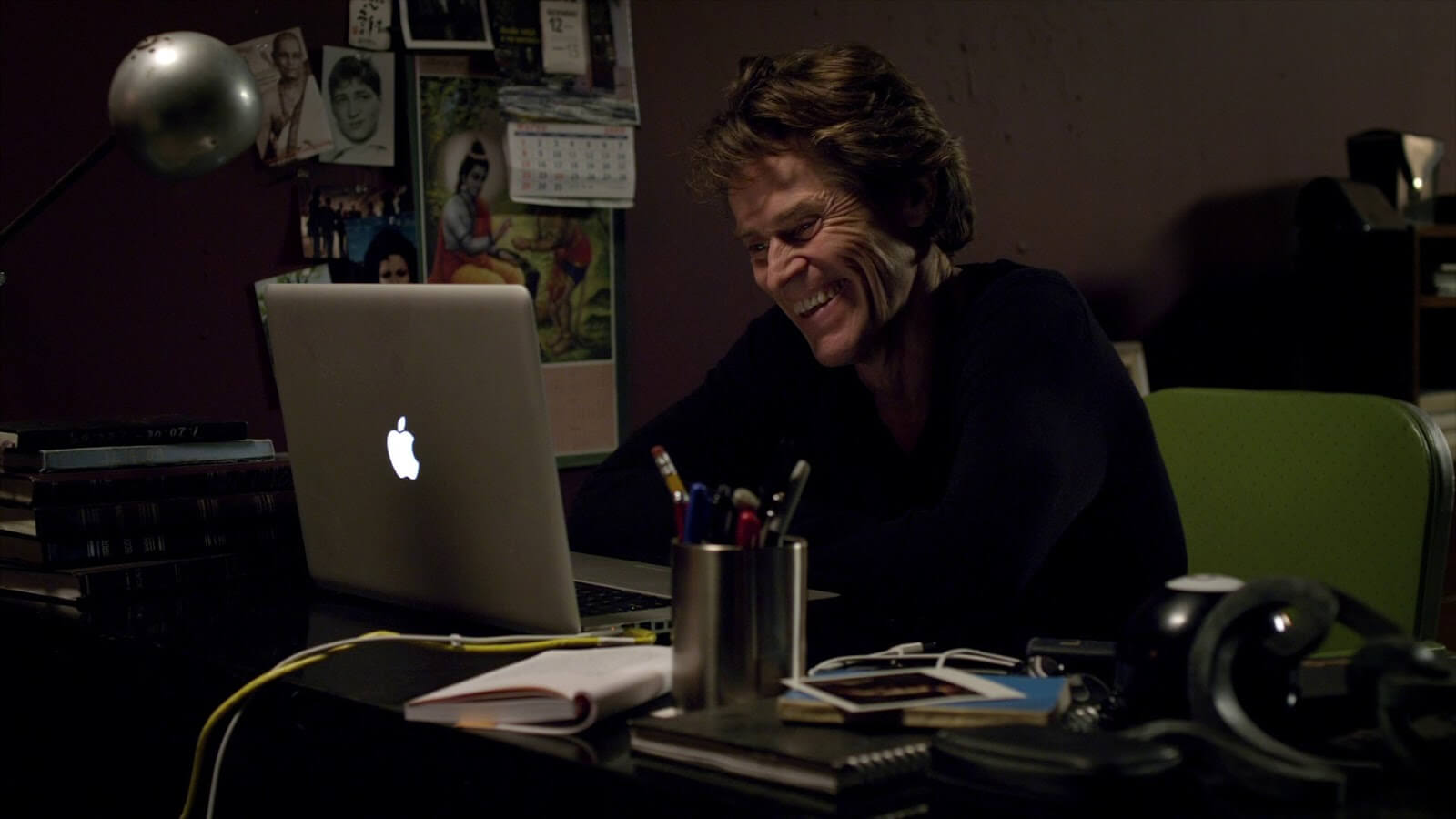
On the constantly running television, talking heads deliver Buddhist sermons about karma and earthly emptiness. Metaphysical symbolism is also present here and there: here yin-yang, there the ouroboros. In 4:44 Last Day on Earth, this ultimate day for humanity is treated as a chance given by fate; a chance to shorten the duration of existence in earthly illusion; a chance to merge with the absolute. However, he does not criticize the philosophical content of the message but rather its mannered delivery. It is difficult to prompt the viewer to existential reflections; it is even more difficult to do so without being accused of pretentiousness. The creator of Bad Lieutenant forgot to generate credible emotions by clumsily operating with minimalism. These emotions should have carried this tragic yet simple story towards contemplation. However, the fate of the characters, like the fate of all humanity, remains indifferent to us.
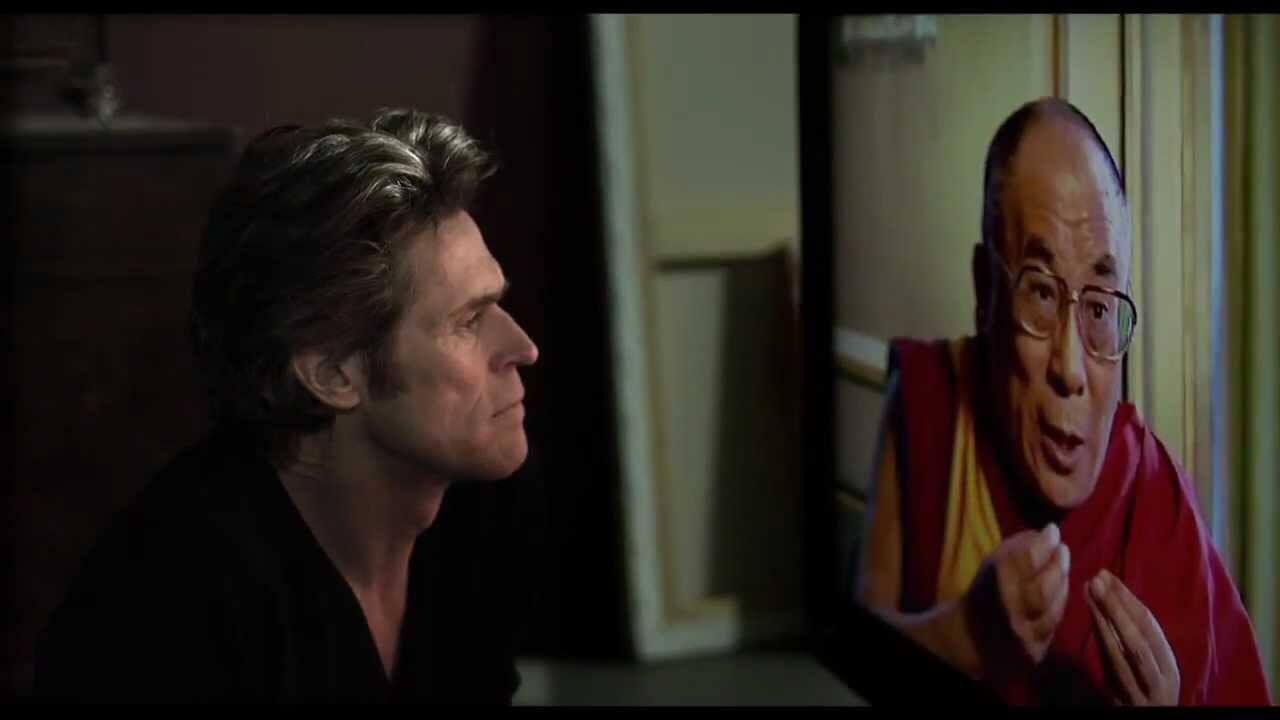
Does Ferrara have a point, spending 80 minutes of the film trying to prove that – by placing two characters in an apartment and making them wait for their end – one can create refined, emotional cinema at any cost? He might have a point, but he certainly did not succeed in creating such a film.
Creators will continue to explore the theme of the end of the world. After all, the myth must be sustained. However, I would prefer if they did it in a more thoughtful manner. I would prefer if the end of the world were not treated as a given, to which the narrative is not even worth applying. There is too much metaphorical potential in this issue.

